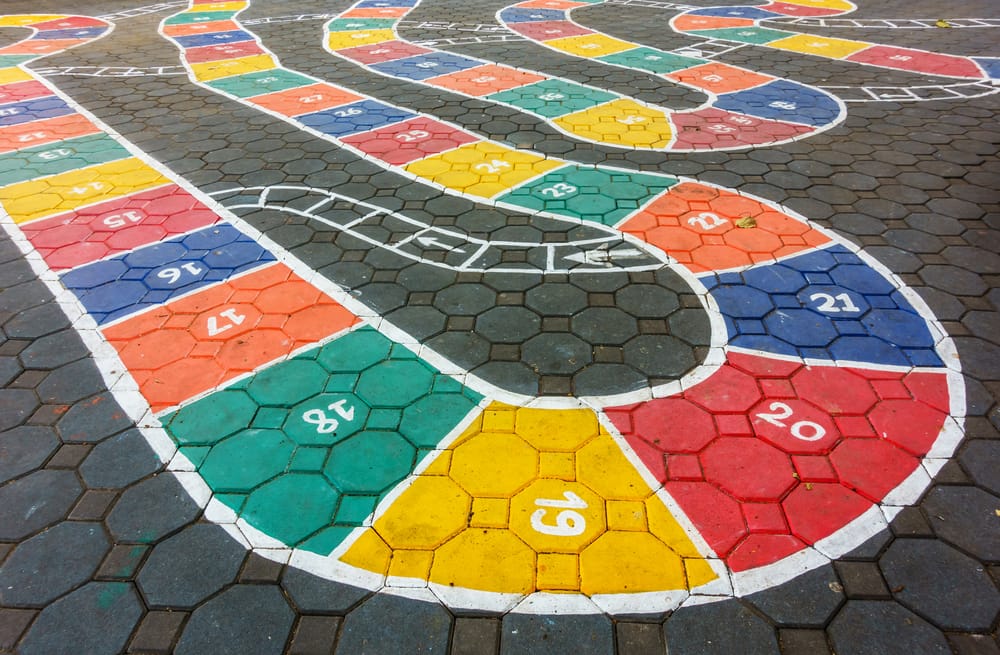European Day Of Languages 2024 – Ideas For Primary Schools
Written by Emily Birch
Published on 15th September 2022
Last Updated: 21st August 2024
Written by Emily Birch
Published on 15th September 2022
Last Updated: 21st August 2024

The European Day of Languages was first established by the European Council in 2001. The decision to launch the initiative formed part of the European Year of Languages, a campaign designed to promote linguistic awareness and encourage language acquisition across Europe. The event now occurs each year on September 26th and is a celebration of language learning and cultural diversity. Schools across Europe mark the date by organising special activities, projects and workshops. If you’re looking for European Day of Languages ideas for primary schools, read on!
Some of the suggestions below refer to lessons from the Kapow Primary French and Spanish schemes of work for Key Stage 2. You can try these lessons for yourself with a no-obligation free trial.
Exposing pupils to a wide range of cultures provides an excellent platform on which to embrace diversity, both within school and in the wider community. Activities that explore and celebrate cultural differences provide crucial opportunities to promote respect, empathy and inclusivity from a young age. Exposing children to other cultures and ways of life that are different from their own increases their breadth of life, experience of and understanding of the world.
In addition, the European Day of Languages can also be used to enrich the wider curriculum and provide cultural capital, giving children opportunities to make connections within their learning. Activities can be designed to link language learning to other subjects, such as geography, history, art and P.E, providing vital cross-curricular experiences for pupils. For example, the Kapow Primary, Geography, Year 5, ‘What is life like in the Alps?’ unit provides opportunities for pupils to compare the human and physical geography of their local area and Innsbruck, contributing to an understanding of language in context.
Finally, taking part in this celebration can enthuse and empower even the most reluctant of language learners! Within Modern Foreign Language learning, confidence and a ‘have a go’ attitude are important components of success. With this in mind, encouraging children to have fun with languages can do wonders for boosting enthusiasm and engagement in this curriculum area.
While the benefits of celebrating the European Day of Languages can be vast, it is important that careful consideration is given to activities to ensure that they are meaningful and have maximum impact. Avoiding stereotypes, such as asking children to come to school dressed in berets and stripy t-shirts, is vital in ensuring that the celebration allows for authentic and respectful exploration of culture.
Similarly, language-learning expectations should be realistic, with consideration given to the keywords and phrases that will be utilised by the children on the day. Overloading children with new language will weaken the impact of an activity and may even have a negative effect on confidence. It is useful to begin by asking the question, ‘What do we want our children to gain from the day?’, and to plan activities around outcomes as opposed to tasks.
Considering your school’s curriculum drivers when planning can also help to ensure that your day is a success. For example, if one of your drivers is ‘aspiration’, you may wish to explore how languages are used in different careers in the United Kingdom and beyond.
Investment and enthusiasm from colleagues are also crucial to a successful European Day of Languages event. Involving other members of staff in the planning and delivery of activities is an effective way to raise the profile of language learning within your school.



Delivering a whole-school or key-stage assembly can be a great way to bring children together to celebrate the European Day of Languages. The assembly could be held in the morning to kick-start your day or may be planned for the end of your celebrations to allow classes to share their experiences. Ideas for an assembly could include:
You may even wish to invite bilingual parents or staff members to speak to pupils about their experiences of language learning.
In conclusion, remember that the day is all about the children (and staff) enjoying themselves, learning about other cultures and trying things they wouldn’t normally do. Talk to the children and staff about what they’d like to do to ensure you get buy-in first before planning anything to make the day the success it deserves to be!